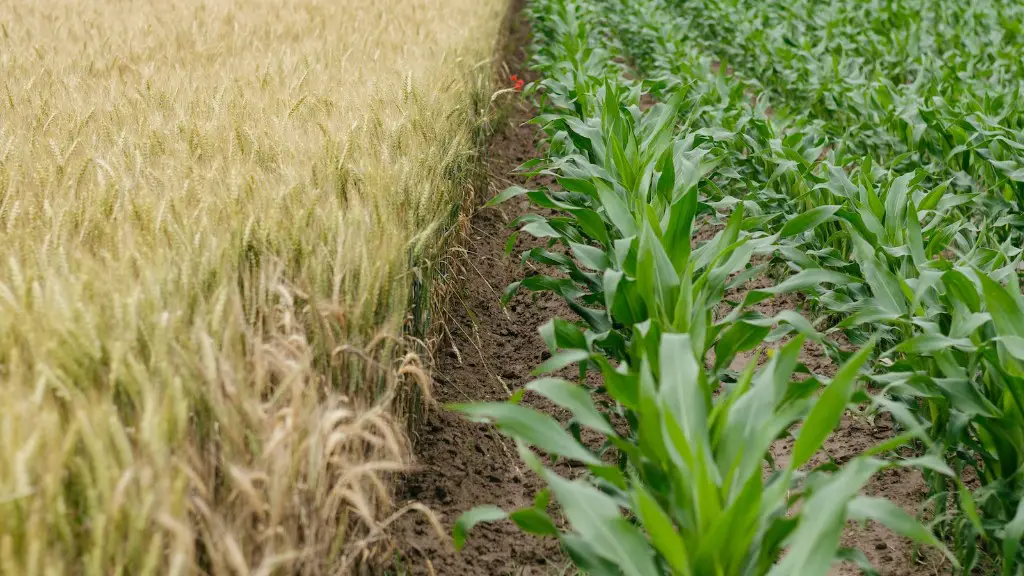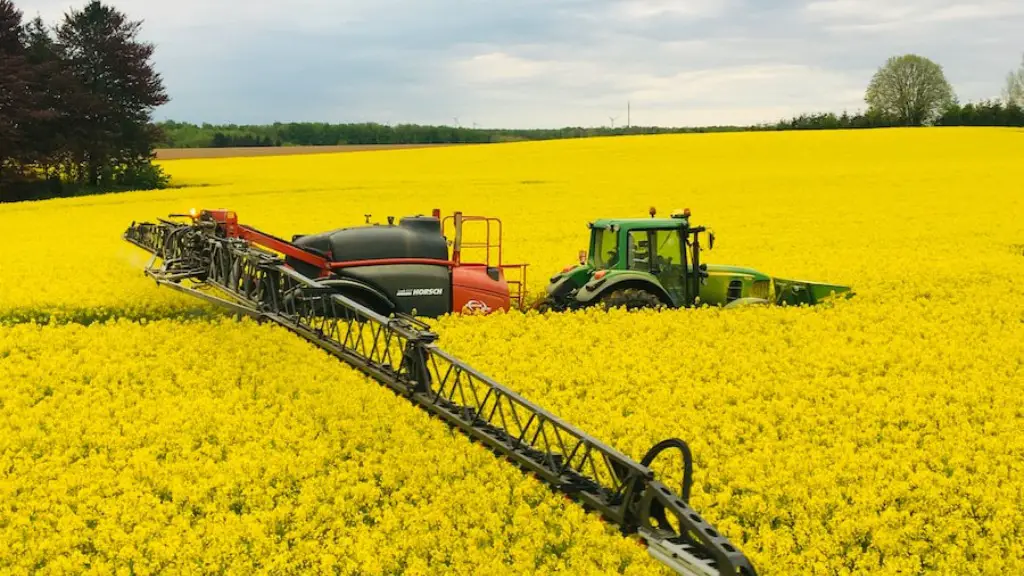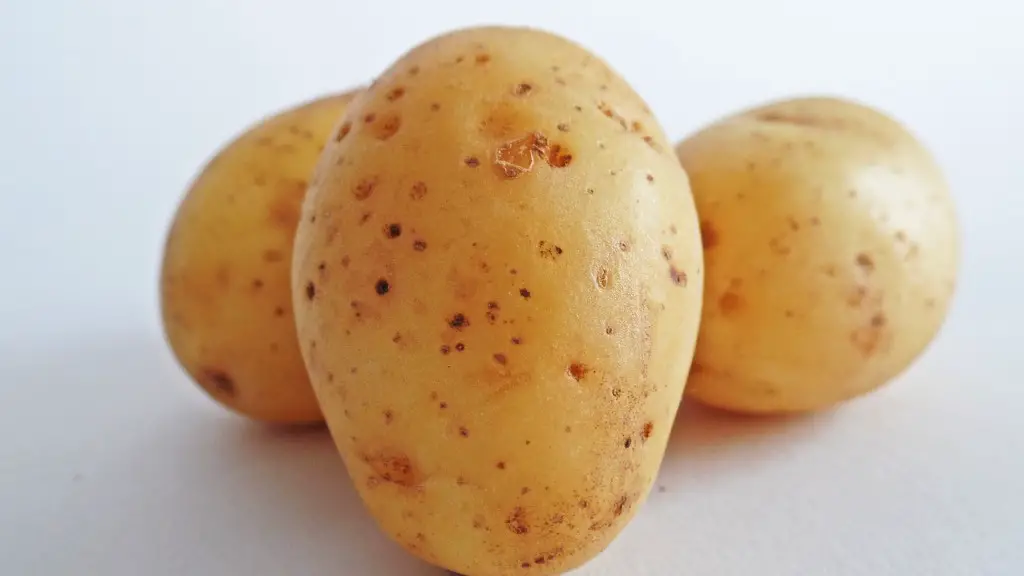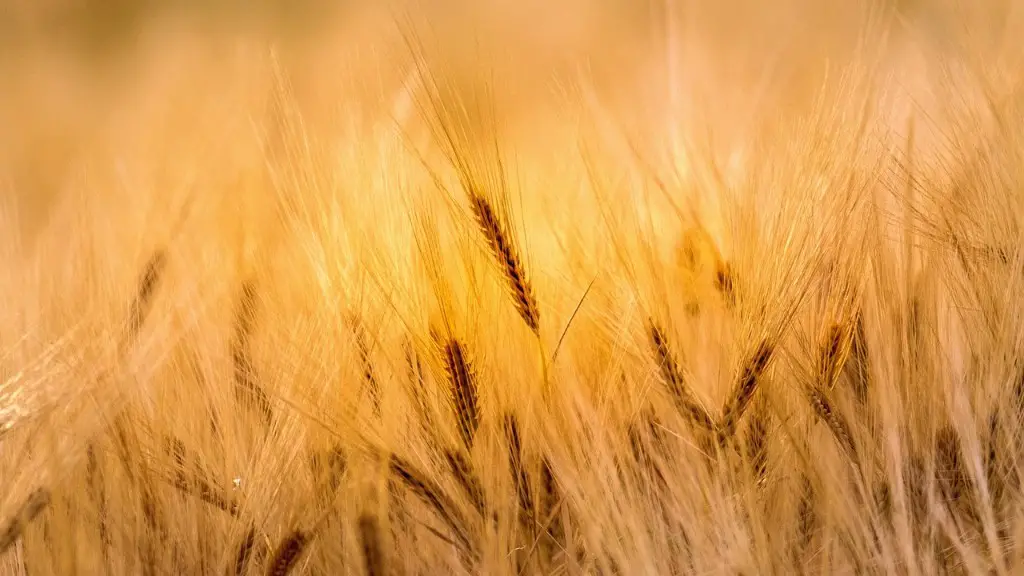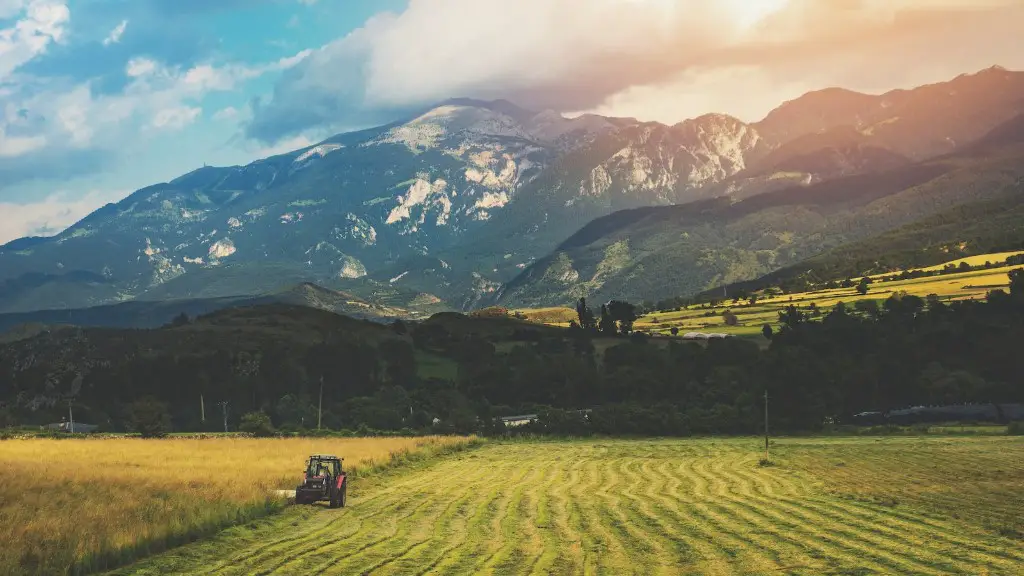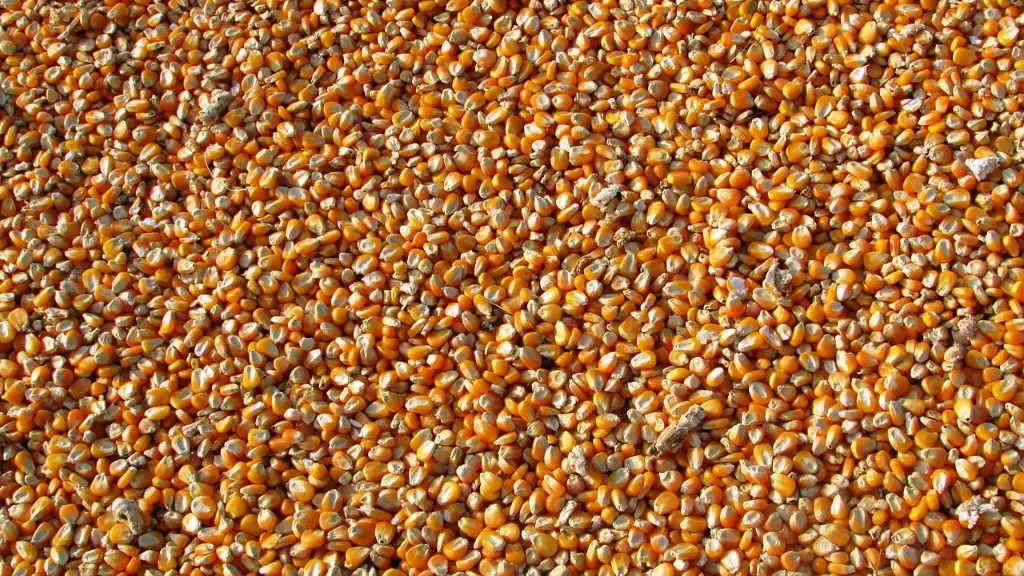Agriculture is the practice of farming, including the cultivation of crops and the raising of livestock. It is an ancient activity that has been practiced for millennia, and it remains a vital part of human society today. The Agriculture course at XYZ University will provide students with an overview of the history, science, and practice of agriculture. The course will cover topics such as the history of agriculture, the principles of crop and animal husbandry, and the modern practices of agricultural production. In addition to lectures and readings, the course will include field trips to local farms and agricultural production facilities.
Agriculture is the science and art of cultivating plants and livestock for human use. Agriculture courses cover topics such as farm management, crop science, soil science, and animal science.
What is the best course in agriculture?
The field of agriculture and forestry is quite large and encompasses a number of specializations, including animal science, horticulture, soil science, rural development, and land management. Each of these specializations requires a different set of skills and knowledge, but all are essential to the successful management of agricultural and forestry resources.
Agricultural education is important for those interested in pursuing a career in agriculture or related fields. The education provides students with the knowledge and skills necessary to be successful in these fields. Agricultural education also helps students understand the importance of agriculture in our society and the impact it has on our economy and environment.
What is agriculture as a job
Agricultural workers are employed in a variety of positions, from operating farm machinery to maintaining crops and tending livestock. They perform physical labor and operate machinery under the supervision of farmers, ranchers, and other agricultural managers. In some cases, agricultural workers may also be responsible for marketing and selling the farm’s products.
Agronomists play an important role in the agricultural industry, working for banks, farm co-ops, and crop management companies. They are hired as crop consultants by farmers or by seed, fertilizer, and agrichemical companies, and their job is to advise farmers on the best ways to grow and care for their crops. Some agronomists also work as forecasters, environmentalists, analysts, or teachers. If you’re interested in becoming an agronomist, you should have a strong interest in science and a bachelor’s degree in a related field.
Is agriculture a hard course?
Agriculture is a very scientific and well-rounded course that requires a lot of critical thinking and analysis. We have a lot of laboratory subjects and hands-on practicums that allows us to apply the theories we learn in class to real-world situations. This makes the course very difficult, but also very rewarding. Nobody appreciates the course like we do!
No, it isn’t hard to study the BSc in agriculture. The course is more practical in nature, so it’s not difficult to learn the material.
What are the 4 types of agriculture?
Agriculture is the science and art of producing crops and livestock from the natural resources of the earth. Agriculture is a vital part of human civilization and has been a key factor in the development of societies and economies throughout history. There are four main branches of agriculture: livestock production, crop production, agricultural economics, and agricultural engineering. Each branch brings its own unique skills and knowledge to the table, and each is essential to the success of agriculture as a whole.
The most important farmer skills are problem-solving, interpersonal, farm management and organizational skills. These skills are important in order to maintain a successful farm. problem-solving skills are important in order to be able to identify and solve problems that may arise on the farm. interpersonal skills are important in order to be able to communicate and work effectively with others. farm management skills are important in order to be able to effectively manage a farm. organizational skills are important in order to be able to effectively organize and manage the resources on a farm.
How many years course is agriculture
A BSc in agriculture is a great way to start your career in the industry. Many courses will be closely associated with local industries, and may even maintain a micro-farm on site for students. This degree will give you the skills and knowledge you need to succeed in the agricultural industry.
For anyone looking for a career in agriculture, this job opportunity is a great way to use your engineering knowledge in that setting. The job is best suited for those who have a keen enthusiasm for agriculture and want to apply their engineering skills in that field.
How much do agriculture jobs make?
The average agriculture salary in South Africa is R 582 690 per year or R 299 per hour. Entry-level positions start at R 318 000 per year, while most experienced workers make up to R 5 382 000 per year. The average agriculture salary in South Africa is thus quite high compared to other countries.
The Agricultural industry offers a wide variety of career options for those interested in the science and engineering of soil, plant life, and irrigation. Agricultural jobs can pay up to $100,000 per year, making it a great option for those looking to make a good wage. There are many different types of agricultural jobs, from working as a livestock veterinarian to operating farm machinery. No matter what your interests are, there is likely a career in agriculture that is a good fit for you.
What’s the highest paying job in agriculture
There are many different types of jobs in agriculture, each with its own unique set of skills and responsibilities. However, some jobs are more highly paid than others. Here are some of the highest paying jobs in agriculture:
1. Agricultural Engineer
Agricultural engineers design machines and equipment to be used on farms. They must have a strong understanding of both engineering and agriculture, and be able to apply that knowledge to create efficient and effective equipment.
2. Agronomist
Agronomists are experts in soil and crop management. They advise farmers on the best practices for growing crops, and help to develop new and improved methods of cultivation.
3. Agricultural Food Scientist
Agricultural food scientists conduct research to develop new and improved food products. They work in laboratories and use their knowledge of chemistry and biology to create new products or improve existing ones.
4. Veterinarian
Veterinarians play a vital role in the agriculture industry, as they are responsible for ensuring the health of farm animals. They provide preventive care and treatment for sick or injured animals, and work to control the spread of diseases.
5. Winemaker
Winemakers are responsible for making wine, one of the
A career in agriculture can be very rewarding. There are many different career paths that you can take, and each offers its own unique set of challenges and rewards. If you are thinking about a career in agriculture, here are some things to keep in mind:
1. There are many different career paths you can take in agriculture. There is a path for everyone, whether you are interested in management, research, teaching, or something else entirely.
2. Agricultural careers can be very demanding. If you are not prepared to put in the hard work, it may not be the right career for you.
3. Agricultural careers can be very rewarding. If you are passionate about the work, you can make a real difference in the world.
4. You will need to get a good education to pursue a career in agriculture. There are many great schools that offer programs in this field.
5. There are many great resources available to help you learn more about careers in agriculture. If you are serious about pursuing this career, make sure to take advantage of all the resources available to you.
Is it worth it to study agriculture?
If you’re considering getting a degree in agriculture, know that it can be a very beneficial decision! A degree in agriculture can help you land a job in the field, and open up other opportunities for you in the future.
Farmers use mathematical skills and science in their day-to-day farm activities. For example, farmers use mathematical skills to estimate the seed amount needed, the cost to plant their crop based on the area of cultivable land they possess, to purchase equipment or tools needed and make payments for various purchases. By applying scientific knowledge, they are able to understand the ecology of their farm and the pests and diseases that may attack their crops. This helps them to devise strategies to protect their crops and ensure a good harvest.
What grades do you need to study agriculture
The Agricultural Science program at University of Nebraska-Lincoln requires a few specific admission requirements.
You must have a Senior Certificate or equivalent qualification with an E symbol at Higher Grade or a D symbol at Standard Grade for English and Mathematics.
We also recommend you have completed Agricultural subjects, as this will give you a better foundation for the program.
The National Senior Certificate:Admission Points Score (APS) is 30 with mathematics or 30 with Mathematical Literacy. English (home language or first additional language) must be at Level 4. Mathematics: Level 4 or Mathematical Literacy: Level 6 is needed for Life Sciences/Biology/Agriculture: Level 4 and Physical Sciences: Level 4.
Warp Up
The agriculture course is a two-year program that provides students with the knowledge and skills necessary to pursue a career in the agriculture industry. The course covers topics such as animal husbandry, crop production, and soil science.
In conclusion, the agriculture course is a great way to learn about the different aspects of agriculture and how to apply them in real life. The course is also a great way to gain an understanding of the different types of agriculture that are available to farmers.
